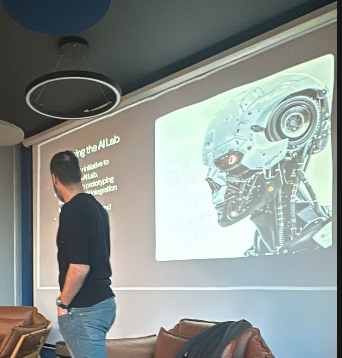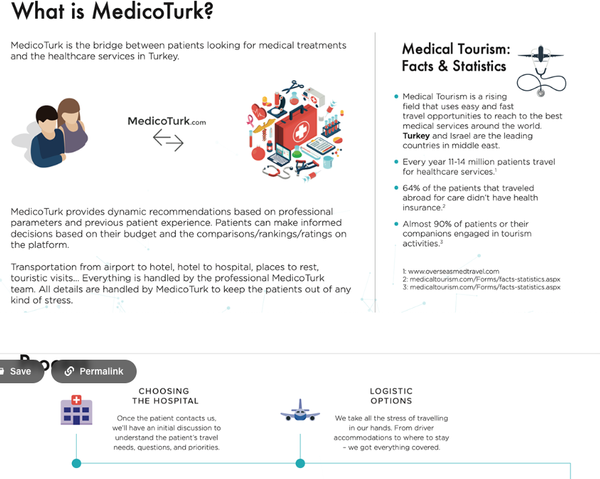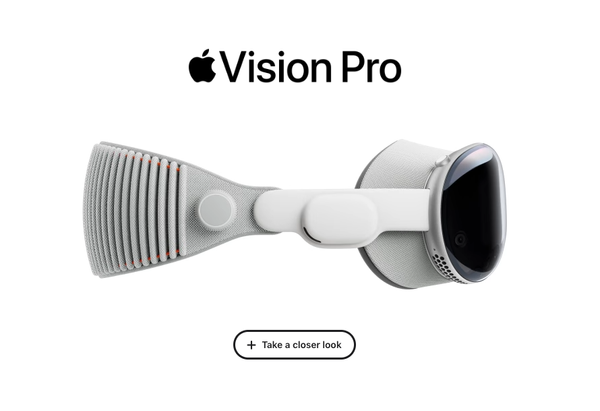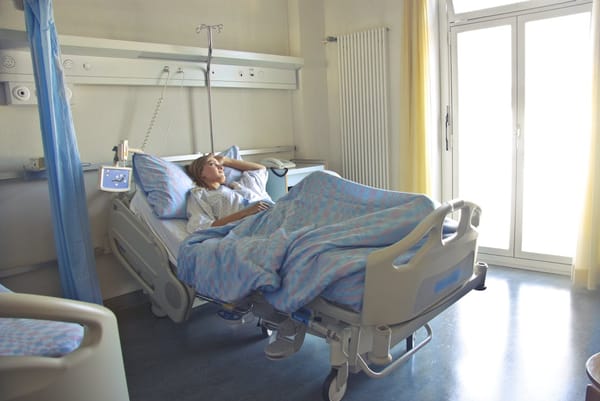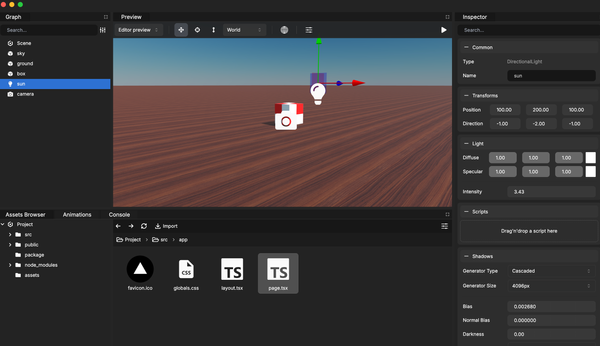The Impact of Information Technology on Quality of Healthcare Services
Advantages of using information technologies in healthcare. What opportunities for innovation allow them to positively influence virtually all aspects of the provision of medical services.
Table of Content
Information technologies are now used everywhere. It is clear that such an important area of human life as health care, can not remain on the sidelines. The latest digital developments have a positive impact on the development of the most promising methods of organizing medical care for the population around the world.
At the same time, the effective construction of IT infrastructure is becoming important. Many countries have been actively using innovations in the medical field for a long time.
Among them are:
- · teleconsultations of patients and staff;
- · remote fixation of physiological parameters;
- · the exchange of patient data between different institutions;
- · control over the conduct of surgical interventions in real-time, etc.

All this became possible thanks to the introduction of IT in medicine, which allowed to bring its informatization to a new level and had a beneficial effect on improving the provision of medical care to the population. New software products that make a significant contribution to the development of medical high technologies are being actively developed.
Information technologies also have a huge impact on medical education. The importance of the process of training future doctors and increasing the level of knowledge of health professionals is not in doubt. The classical academic system already cannot fully provide the student with the proper level of knowledge and practical skills.
In addition to external services such as getnursingessay, which are designed to help students write various types of work, there are simulators for high-quality training of medical personnel. AI technologies help to optimize the learning process by personalizing the curriculum, providing up-to-date clinical data, and the ability to apply and hone the knowledge gained on virtual patients.
Prospects for Health Informatization
Informatization of health care includes many activities. All of them are aimed at informing doctors about the latest scientific achievements. This contributes to the effective training and professional development of employees of hospitals.
With the help of medical IT, doctors were able to quickly learn about the latest discoveries that can help them work better. This is especially important for medical professionals.
Experts say that the introduction of innovations in medicine is carried out quickly and without any problems. The interface of medical systems is accessible and intuitive for untrained users. This helps the hospital staff to easily learn new technologies. Also, developers usually help to understand the subtleties of using software products. At the end of short training, health workers can already:
- · work in computer networks – both local and global;
- · use information resources;
- · use help systems and databases;
- · conduct teleconferences.
Application of modern technologies in medicine
As the world practice shows, the introduction of information technologies in the healthcare sector provides an opportunity to improve the quality of patient care. IT significantly speeds up the work of medical staff and reduces costs for patients. Currently, these benefits are becoming available to almost every medical institution. Modern software products allow you to bring the clinic to a fundamentally new level of work.
IT in healthcare allows us to solve the following tasks:
- patient record-keeping;
- · remote monitoring of patients' condition;
- · control of prescribed treatment;
- · saving and transmission of examination results;
- · counseling of newcomers;
- · remote training.
The use of modern IT allows you to carefully monitor the health of patients. Maintaining electronic medical records instead of the previous paper ones will help to reduce the time spent on forms. Due to this, more time can be spent on examining patients. All patient data will be presented in a single document that will be available to hospital staff.
All information about examinations and the results of procedures will be entered immediately into the electronic medical card. This will help other doctors to assess the quality of treatment of a particular patient. As well as to identify its inaccuracy or inaccuracy of diagnosis.
Also, the use of information technologies in health care enables doctors to consult patients online almost at any time. This should increase the availability of medical services for the population.
This is especially true for those who live in remote areas. It will now be possible to receive qualified help remotely as well. This will also help people with disabilities who are in a confined space or an emergency.
Such methods of interaction will be useful not only for physiological problems but also for those who need the help of a psychologist or psychiatrist.
Audio-visual communication provides a convenient opportunity to establish the necessary contact between the doctor and the patient and provide him with the required support.
Benefits of using information technology in health care
The enormous potential of innovation allows them to positively influence virtually all aspects of the provision of medical services. They help train inexperienced employees at a distance. There is no need for long-term separation of specialists from work caused by trips to courses, seminars, and other events.
Besides, IT helps to communicate with colleagues, sharing experiences with them, or in finding help in difficult cases. It also allows you to keep up to date, quickly learning about everything new in the field of healthcare.
Plus, it makes it possible to manage a hospital or clinic more effectively. The multifunctional medical system will allow you to automate administration, personnel work, planning and budgeting, warehouse management, and many other tasks.
Also, it will help the medical institution to interact more effectively with the territorial authorities. Information technologies in medicine will optimize the actions of both doctors themselves, and the registry, the emergency room, and all other services.
The introduction of innovations should simplify the scheme for supplying outpatient clinics and hospitals with drugs. With their help, it will be possible to register receipt and expenditure transactions, control stock balances, make requests for the supply of drugs, control the use of drugs, write off overdue drugs, and generate and submit reports to the appropriate authorities.
Besides, innovative digital technologies are already being used in the field of medical education. Distance learning allows high-quality training of university and college students. Modern developments in the field of IT provide an opportunity for novice physicians to attend lectures by major specialists. To summarize, information technology has already found its widest application in medicine.



